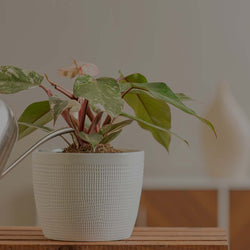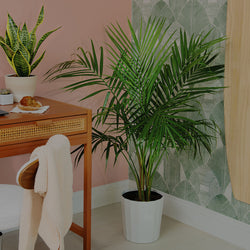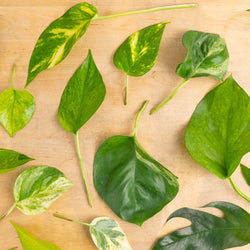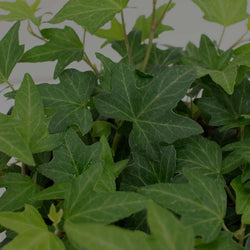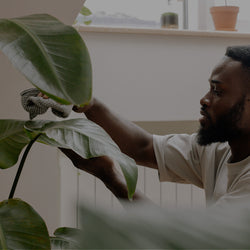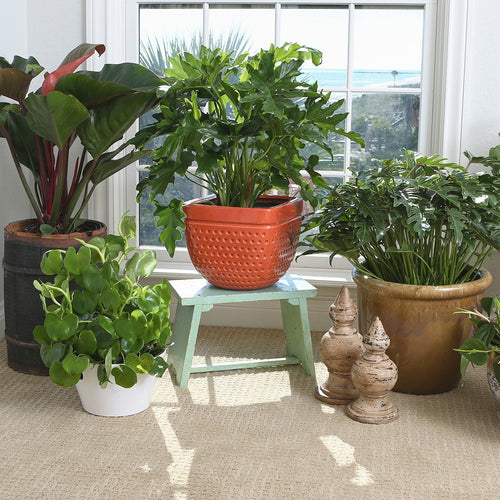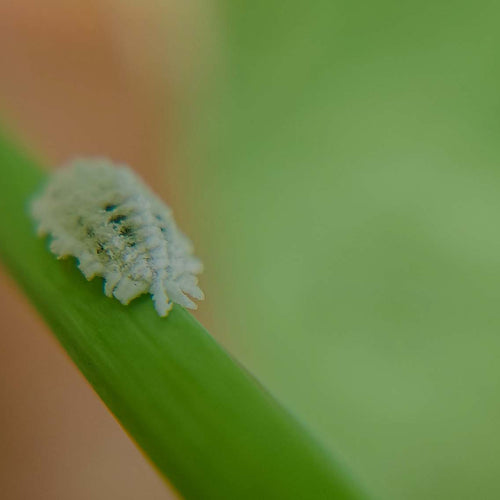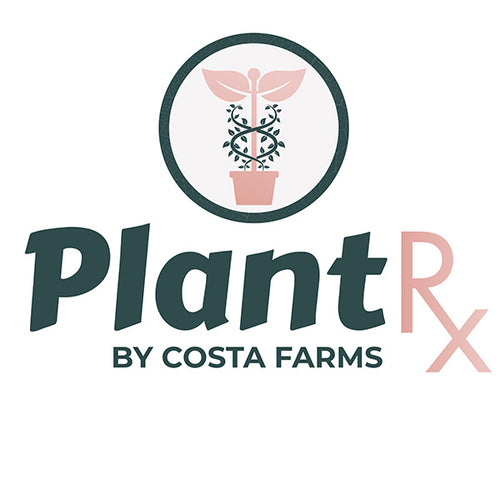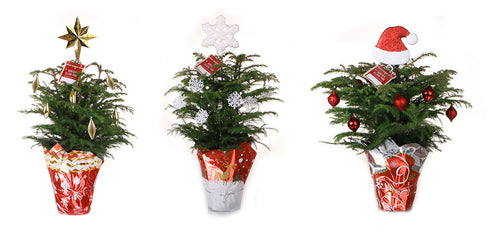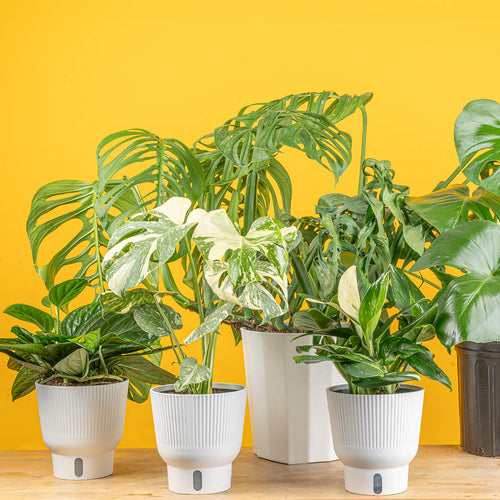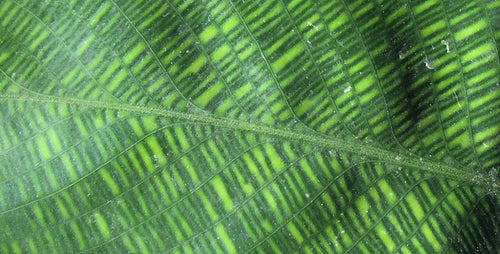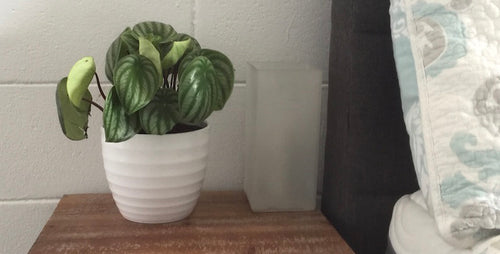Here at the American Society for the Prevention of Cruelty to Animals (ASPCA), we host an Animal Poison Control Center (APCC) where we field phone calls regarding possible exposures and provide information to help keep pets safe. Every year we get a number of phone calls about pets (primarily cats) and houseplants (about 5 percent of our calls). Our tips for keeping pets and houseplants together in your family are below.  Pets are notorious for getting into things that they shouldn’t, and this includes plants and plant containers. Try to keep your plants in areas not easily accessible by your pets, such as:
Pets are notorious for getting into things that they shouldn’t, and this includes plants and plant containers. Try to keep your plants in areas not easily accessible by your pets, such as:
> Hanging your plants in baskets from wall brackets.
> Using tall, sturdy plant stands.
> Keeping plants in rooms pets don’t access.
> Growing plants in vertical or wall planters.
> Remember, younger animals are more likely to explore and chew on plants, so keep a close eye on your new kittens and puppies.
In addition to making your plants less accessible to your pets, it is also important to educate yourself about which plants may pose potential threats. Some common plants including dieffenbachia, philodendron, pothos, and peace lily, contain crystals shaped like needles and can cause drooling, vomiting, and very rarely, difficulty breathing, if consumed by your pets. If you think your pet may have ingested a potentially harmful plant, please contact your veterinarian or the ASPCA APCC at 888.426.4435.
Keep houseplants that are non-toxic to pets. For instance, plants such as African violets, air plants, ferns, orchids, peperomias, palms, prayer plants, spider plants, succulents, and zebra plant are considered benign Plus, they offer the benefits of other houseplants, including air purification. For more information, see our list of plants on our website. Also, please remember that any ingestion of plant material, even non-toxic plants, can potentially cause dogs or cats to vomit.
For more information about which plants are potentially threatening, visit our ASPCA Animal Poison Control Center’s Plant List. If you suspect your pet has ingested something poisonous, please contact our ASPCA APCC at 888.426.4435.  The ASPCA was founded in 1866 and is a non-profit organization devoted to ensuring the kind and respectful treatment of animals. Its Animal Poison Control Center (APCC) is a resource available 24 hours a day, 365 days per year.
The ASPCA was founded in 1866 and is a non-profit organization devoted to ensuring the kind and respectful treatment of animals. Its Animal Poison Control Center (APCC) is a resource available 24 hours a day, 365 days per year.
Pets and Plants
Pets and Plants
Get tips for growing happy houseplants with pets.
